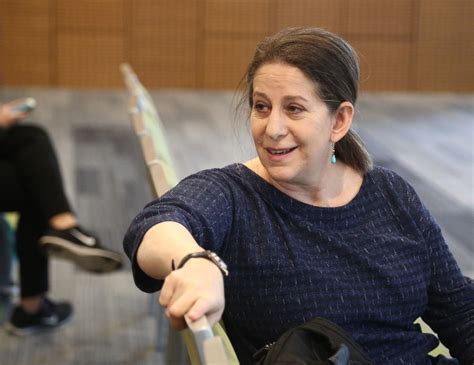A Quote by Peter Singer
The hope of Internet anarchists was that repressive governments would have only two options: accept the Internet with its limitless possibilities of spreading information, or restrict Internet access to the ruling elite and turn your back on the 21st century, as North Korea has done.
Related Quotes
Today, if you have an Internet connection, you have at your fingertips an amount of information previously available only to those with access to the world's greatest libraries - indeed, in most respects what is available through the Internet dwarfs those libraries, and it is incomparably easier to find what you need.
Everyone should be concerned about Internet anarchy in which anybody can pretend to be anybody else, unless something is done to stop it. If hoaxes like this go unchecked, who can believe anything they see on the Internet? What good would the Internet be then? If the people who control Internet web sites do not do anything, is that not an open invitation for government to step in? And does anybody want politicians to control what can go on the Internet?
It is true that authoritarian governments increasingly see the internet as a threat in part because they see the US government behind the internet. It would not be accurate to say they are reacting to the threat posed by the internet, they are reacting to the threat poised by United States via the internet. They are not reacting against blogs, or Facebook or Twitter per se, they are reacting against organizations like the National Endowment for Democracy funding bloggers and activists.
With the internet we are facing more or less a very similar story. It does offer virtually limitless access to entertainment and for many people living in extremely depressing conditions in authoritarian states, it does provide a vehicle for getting by. For many oppositional movements, the internet, while providing the opportunity to distribute information more quickly and cheaper, may have actually made their struggle more difficult in the long run.







































